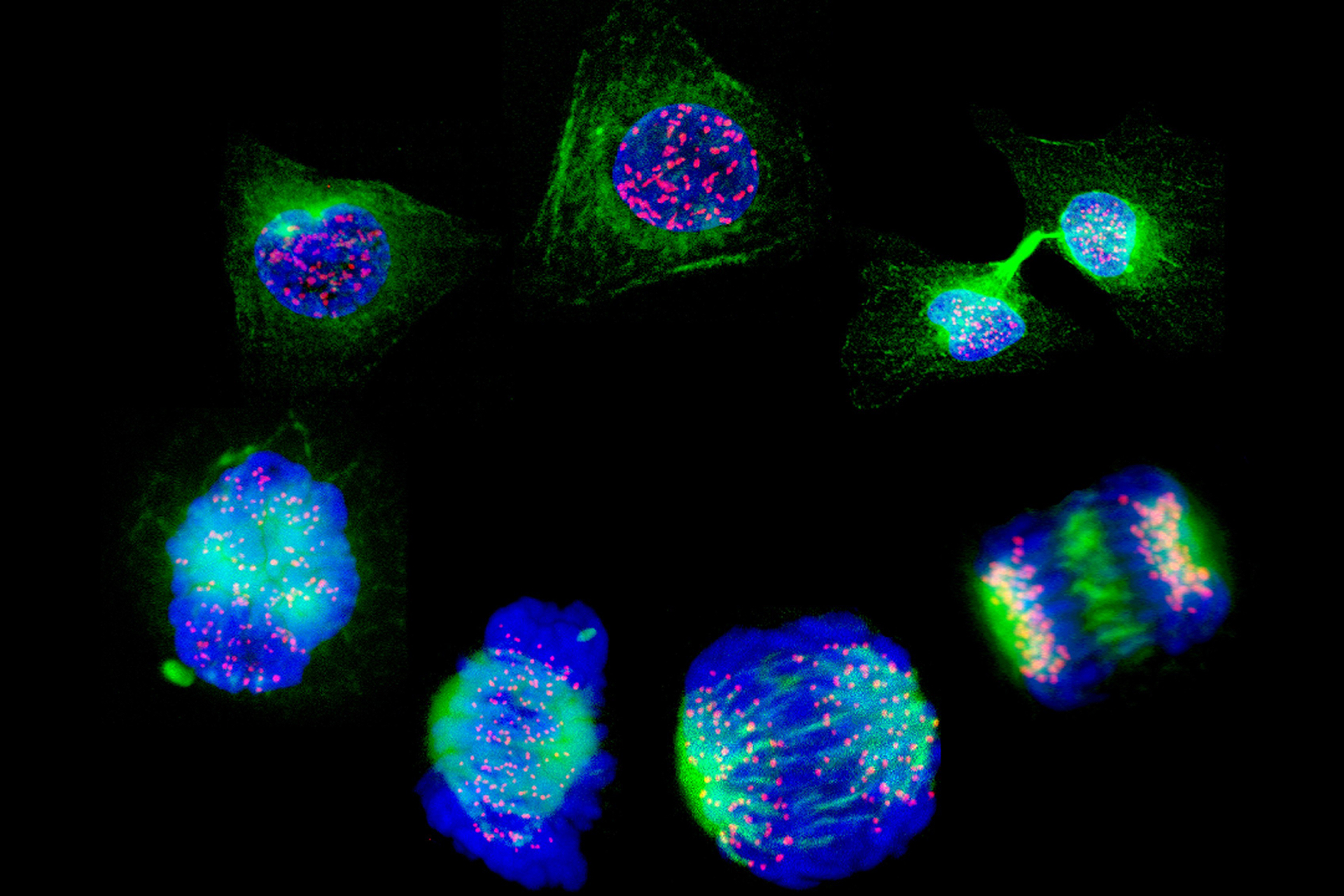Two separate research groups reported the successful transplantation of a pig kidney into a human, after it had been genetically modified to prevent the body from rejecting it.
Although the transfer of animal organs into humans, or xenotransplantation, has previously been reported, the kidney's continued functioning for 32, and seven days, in the two studies, are longer than earlier attempts.
'There are simply not enough organs available for everyone who needs one,' said Dr Robert Montgomery, transplant surgeon at the NYU Langone Transplant Institute and lead researcher on one of the studies.
'Too many people are dying because of the lack of available organs, and I strongly believe xenotransplantation is a viable way to change that.'
Dr Montgomery's team made a single genetic change before transplanting the kidney. They deleted the gene for producing the alpha-gal molecule, which is not functional in humans, and is involved in meat allergies and organ rejection. The team also used immunosuppressive drugs and embedded the pig's thymus gland inside the kidney, to train the immune response. They found no evidence of common porcine cytomegalovirus (pCMV) or any of six other common pig viruses after enhanced screening. This was particularly important as pCMV was detected in a man who died two months after a heart xenotransplantation in 2022 (see BioNews 1128).
The kidney was then transplanted into a 57-year-old man, who had previously died of a brain tumour, but remained on ventilator support for the study. His kidneys were removed to guarantee his body's complete dependence on the pig kidneys, which immediately started to produce urine. The level of markers which indicate kidney function also improved.
'We've now gathered more evidence to show that, at least in kidneys, just eliminating the gene that triggers a hyperacute rejection may be enough along with clinically approved immunosuppressive drugs to successfully manage the transplant,' Dr Montgomery said.
The transplant was performed on the 14 of July at NYU Langone Health in New York but has not yet been reported in a peer-reviewed journal as the team expects to continue monitoring the patient for a further month.
In the second transplant, a team of surgeons and researchers from University of Alabama at Birmingham Heersink School of Medicine made ten genetic modifications including four knockdowns to the pig kidney before transplanting it into a brain-dead man in his 50s. Details were published in JAMA Surgery.
The kidneys began to produce urine within four minutes of the transplant and 37 litres in total during the first day.
'We were able to gather additional safety and scientific information critical to our efforts to seek FDA (Food and Drug Administration) clearance of a Phase I clinical trial in living humans,' said Dr Jayme Locke, director of transplantation at the Birmingham Heersink School of Medicine in Alabama and the second study lead.
Both teams want to proceed with clinical trials.
Sources and References
-
Normal graft function after pig-to-human kidney xenotransplant
-
Pig kidney xenotransplantation performing optimally after 32 days in human body
-
New study: Pig kidneys — for the first time — demonstrate 'life-sustaining kidney function' in a human
-
Pig kidney keeps working for over a month in brain-dead man’s body
-
Pig kidneys performing effectively in two brain-dead patients
-
Pig kidney transplant in brain-dead man marks advance, NYU surgeons say
-
Pig kidney keeps working in human body for over a month







Leave a Reply
You must be logged in to post a comment.